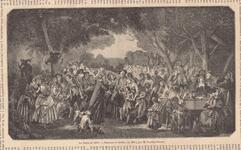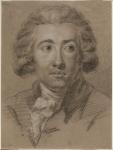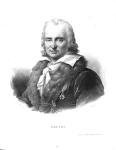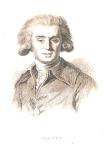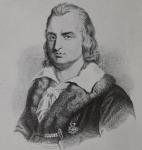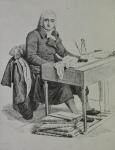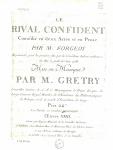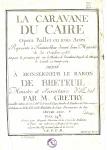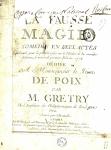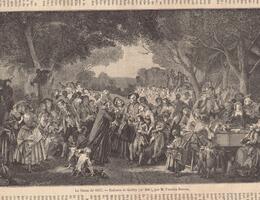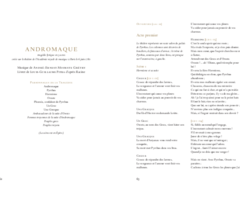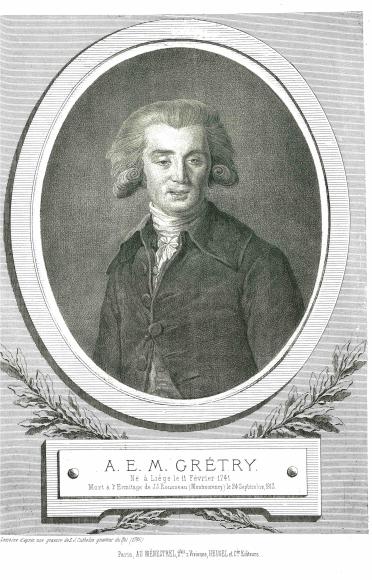
André-Ernest-Modeste GRÉTRY
1741 - 1813
Composer
Born in Liège, Grétry arrived in Paris in 1767, after spending several years in Italy. A first collaboration with Marmontel, Le Huron, brought him immediate success. The French queen was very fond of opéras-comiques, which gave Grétry an opportunity to seek a position at the royal court; he became harpsichord teacher to Marie-Antoinette. Between 1770 and 1780 he composed a series of masterpieces, which became well known throughout Europe. 1785 marked a turning-point in his career. From then on he gradually moved away from musical life and began to write his Mémoires. After the Reign of Terror (1793-94), Grétry found his supporters again. He was appointed to the Institut de France in 1795, and was elected a Chevalier of the Légion d’honneur in 1803. Having retired to ‘L’Ermitage’ at Montmorency (formerly owned by Jean-Jacques Rousseau), he devoted much of his time to writing. Grétry tried his hand at all the musical genres, but it was in the opéra-comique that he showed the greatest originality. Among his opéras-comiques are Zémire & Azor, Richard Cœur-de-Lion, La fausse magie and L’amant jaloux. His religious music and instrumental compositions date from his stay in Italy. A ballet héroïque entitled Céphale & Procris (1773), his tragédie lyrique, Andromaque (1780), and a number of pieces written during the Revolutionary period show the composer in a different light.
Works
L’ Amitié à l’épreuve
Charles-Simon FAVART / André-Ernest-Modeste GRÉTRY / Claude-Henri de Fusée de VOISENON
1770
Aucassin et Nicolette ou Les Moeurs du bon vieux temps
André-Ernest-Modeste GRÉTRY / Michel-Jean SEDAINE
1779
Documents and archives

Testimonial, Correspondence
An artist put to the test of his century. Correspondence of Étienne-Nicolas Méhul (Vincent Hadot)
Scientific publications
Articles
Mozart et l'opéra-comique
Symposia
Nineteenth-Century Music Criticism
Permalink
publication date : 30/09/23

